Letters from The British West Indies
Written by Volunteer Alison Smythe
Black History month is a great opportunity time to recognise and highlight the achievements and experiences of Black people throughout history, and in our societies across the globe.
The Panacea Society was a white middle class religious community, however the society’s healing ministry had a global reach. The Society received nearly 35,000 applications from Jamaica and other Caribbean islands requesting Octavia’s healing linens, which the society advertised as a ‘panacea' – a cure for all illness. The linens could be placed in drinking water and were small enough to ship all over the world. We are incredibly fortunate to have personal letters and photographs from some of the subscribers from the West Indies. Why was there such a demand for Octavia’s linen squares from this part of the world?

European colonisation of the Caribbean began in the 16th century and led to the near eradication of the Caribbean’s indigenous populations. By the mid-seventeenth century the Sugar Revolution took off. To meet the labour needs of the plantations, the British began trading African people who were forcibly brought to British owned colonies in the Caribbean and sold as slaves to work on plantations. Britain shipped 3.1 million African people across the Atlantic Ocean in what was the Transatlantic Slave Trade.
Enslaved people were constantly protesting and rebelling against slave owners, the violence and the injustice. Yet even after the end of slavery in 1834, former enslaved people received no compensation and had limited representation in the legislatures. After abolition of slavery most Caribbean islands remained under colonial rule. For the British territories they remained under British rule until the 1960s.
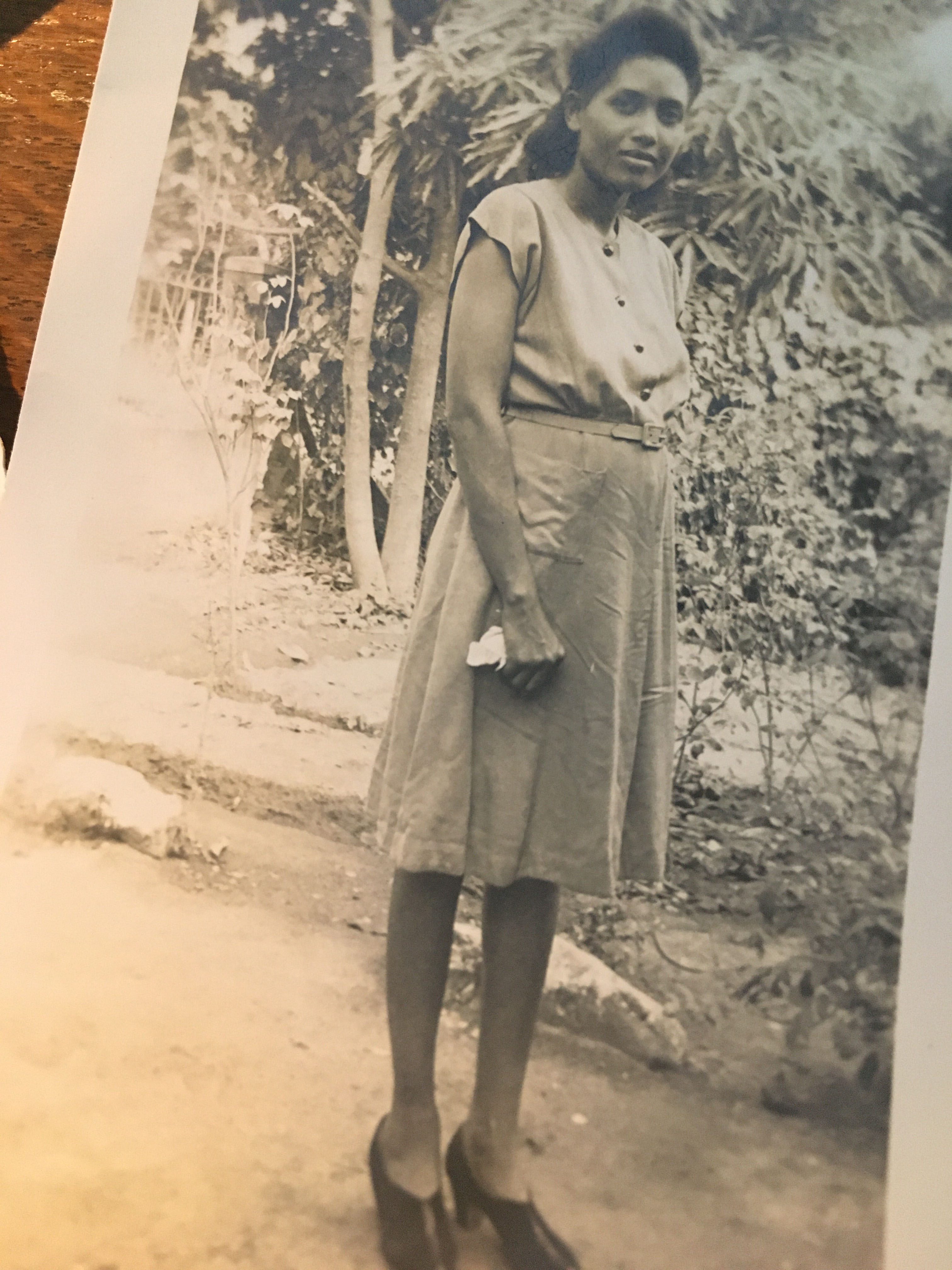
The territories that came under British rule became known as the British West Indies and West Indians have subsequently played a huge part in the history of the United Kingdom. West Indians fought in both the World Wars and were recruited for labour shortages in nursing after the Second World War, in the postal and transportation sectors. Nurses from the West Indies helped build the modern NHS that we all cherish and benefit from today. Between 1948 and 1970 nearly half a million people left their homes in the West Indies to live in Britain.

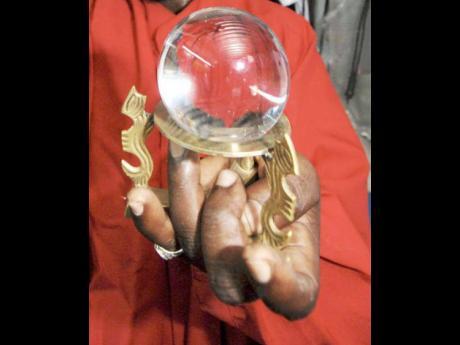
Africans who were taken away and sold into a new culture found ways to adapt their ceremonies, traditions and beliefs.
Amongst the enslaved were African priests and herbalists. These people with specialist knowledge of all things sacred were held in great esteem by the enslaved people on the plantation. Europeans usually referred to them as Obeah. The Obeah men and women grew from the overlapping of jobs, such as herbalists, diviners, witch doctors, and mediums. They diagnosed and treated illness, obtained revenge for injury, cured the bewitched, found out and punished theft and adultery and predicted the future.
The traditions of herbalists, diviners and witch doctors can perhaps go a little way into explaining why Octavia’s ‘Panacea’ garnered mass interest in the Caribbean. Octavia’s healing linens met at the intersection between European Christian belief and powers of the divine, which seems to have resonated with Caribbean subscribers.
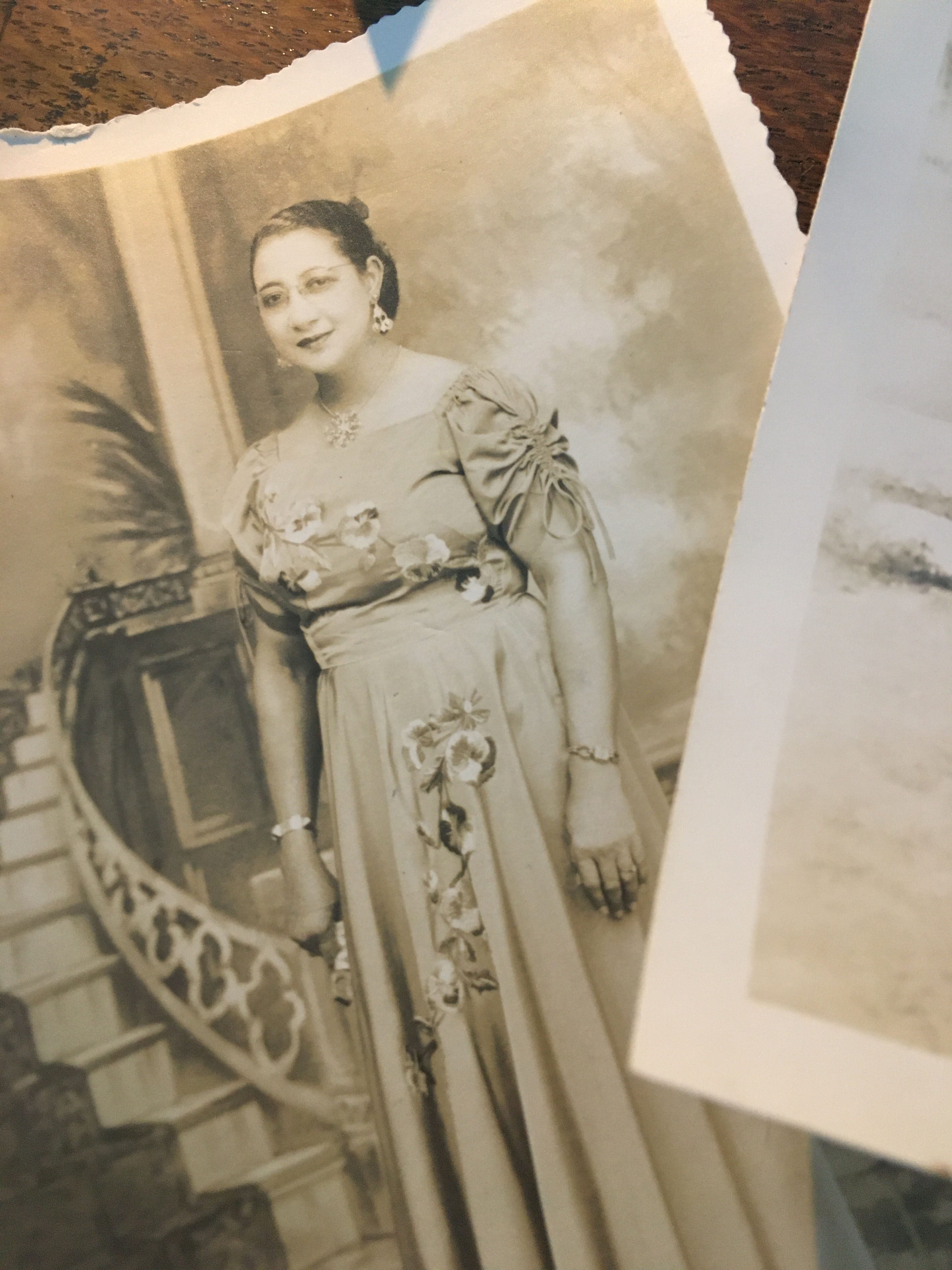
The subscribers from the Caribbean wrote to the Panacea Society describing their ailments and illnesses.
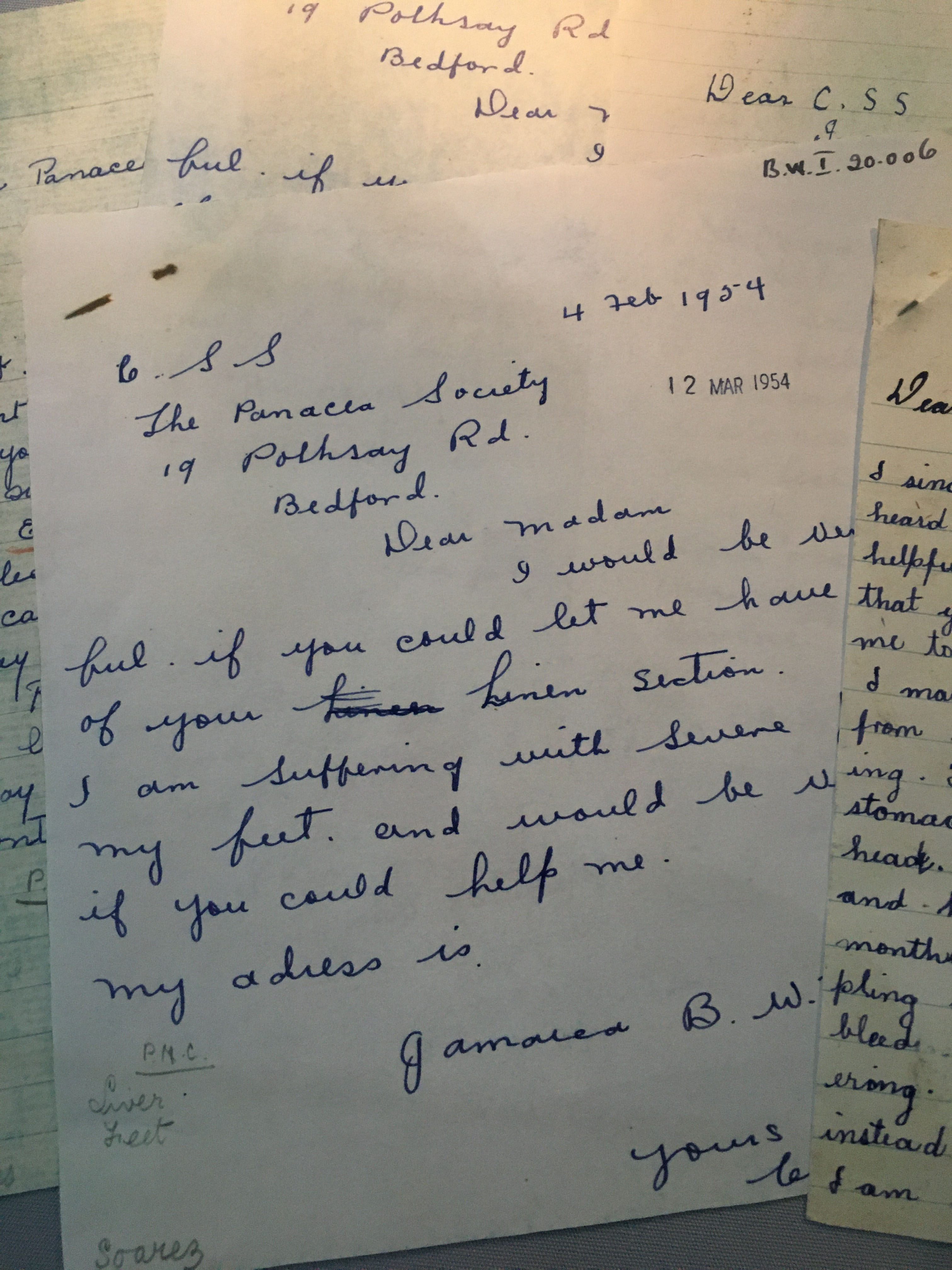
After the Second World War many Caribbean people struggled with unemployment, low wages and a high cost of living, so opportunities to immigrate to the UK were seized. The development of care and public health was also perhaps hindered by the Wars.
The Caribbean’s territories became independent nation states and are a part of the developing world.
Even though the Panacea Society and Bedford could seem so far from the lives and experience of people in the British West Indies, these letters and photos show that we have a shared history and a connection that is worth cherishing and celebrating.
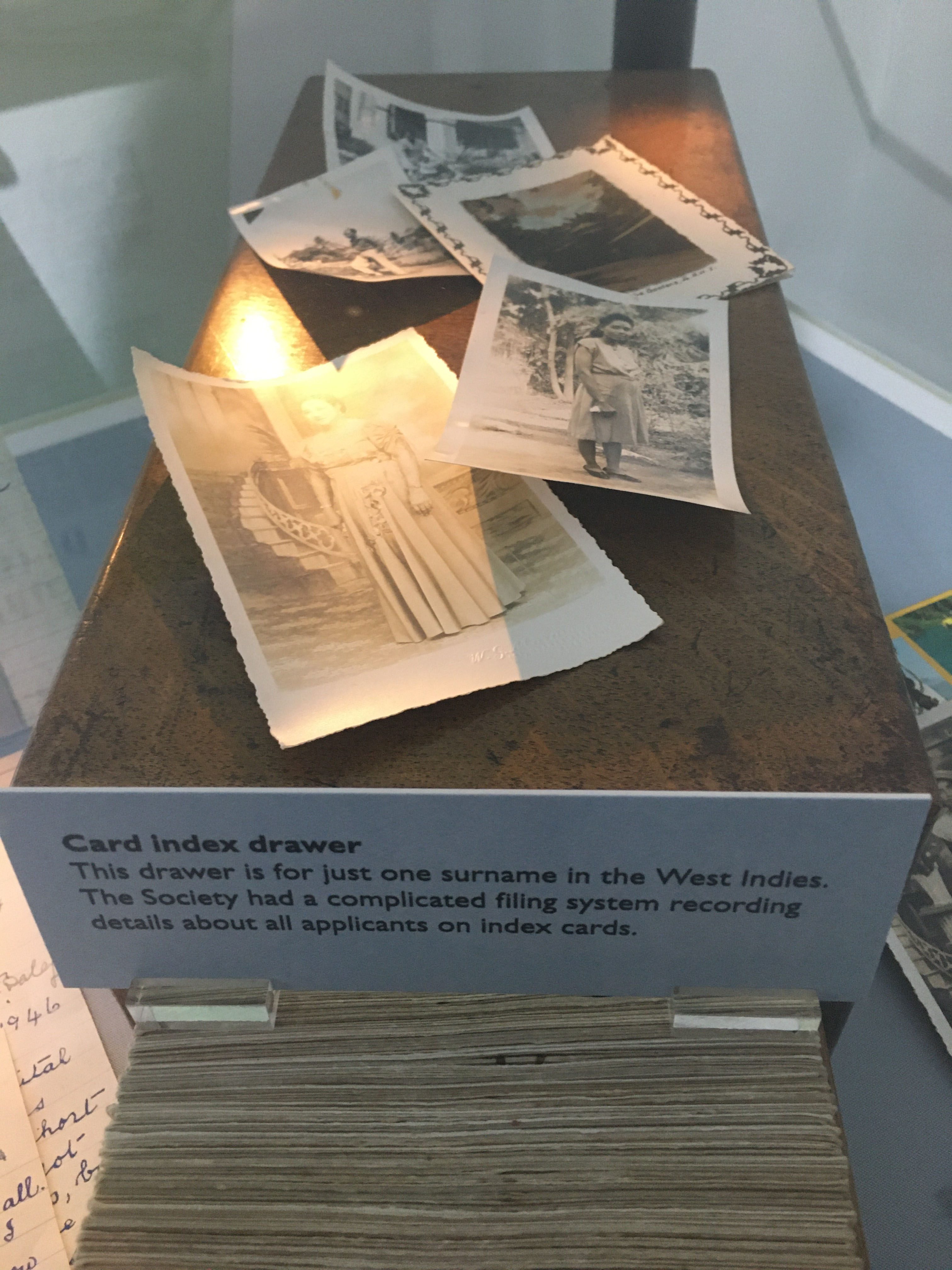
Sources
https://www.blackhistorymonth.org.uk/article/section/windrush-day-2019/caribbean-women-nhs/
https://www.nationalarchives.gov.uk/caribbeanhistory/default.htm
https://en.wikipedia.org/wiki/West_Indies
http://www.discoveringbristol.org.uk/slavery/routes/places-involved/west-indies/gods-on-plantation/
https://www.nationalarchives.g...
https://www.britannica.com/place/West-Indies-island-group-Atlantic-Ocean/Decolonization
http://jamaica-gleaner.com/article/lead-stories/20190605/
https://opencommons.uconn.edu/...






